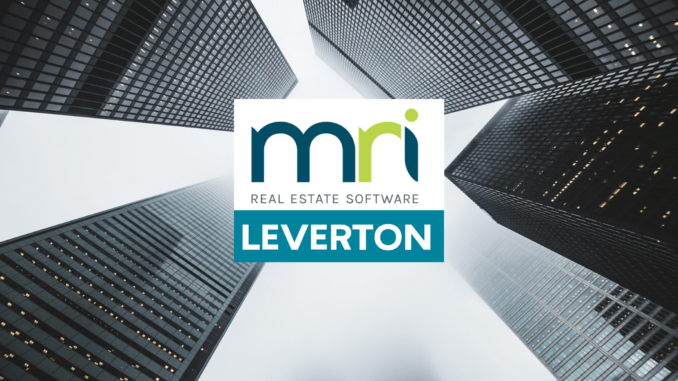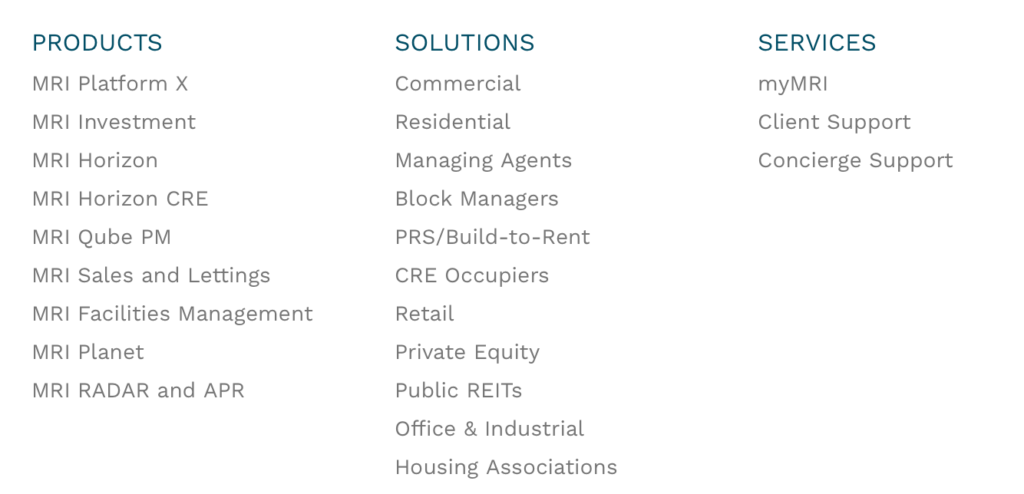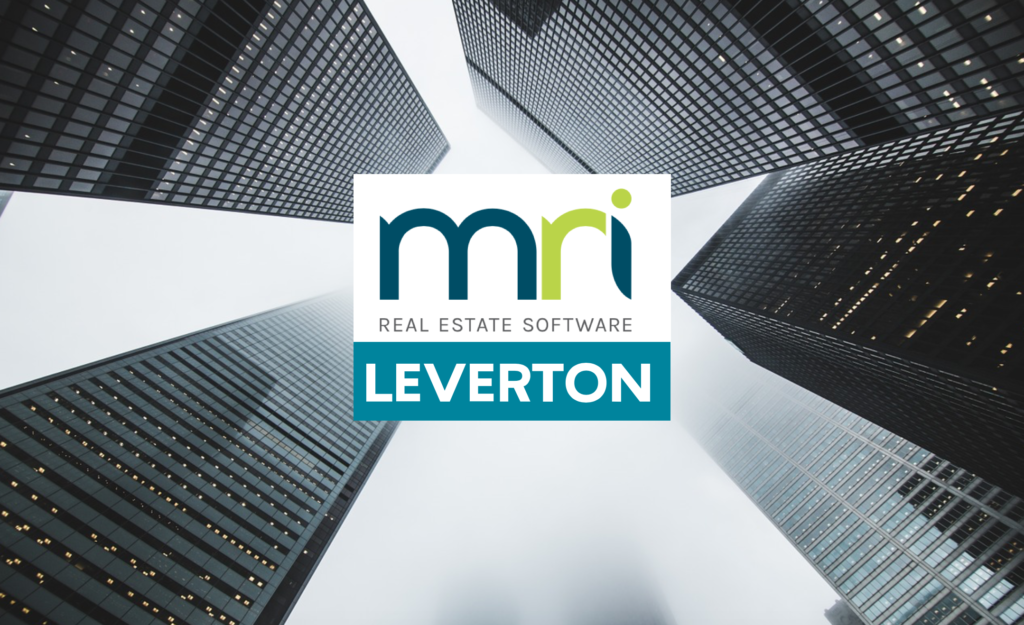
Legal AI and prop tech pioneer, Leverton, has been bought by MRI Software, a conglomerate based in the US with a strong focus on property. The move will see the once German company’s UK, US and India offices join MRI, with a small representative outpost in Germany remaining, after shedding the vast majority of the staff there earlier this summer.
All in all around 50 people will be joining MRI, with Leverton keeping its brand name as a business unit within the 1,200-person software company that has acquired it.

Leverton CEO, Abhinav Somani, told Artificial Lawyer that it was the beginning of an exciting new chapter in the company’s journey and that to some extent it had been among ‘the last of their kind‘, i.e. operating as an independent legal AI company.
Somani noted that legal AI companies that were around when Leverton was developing, such as RAVN and eBrevia have gone in with larger businesses, while companies such as Kira Systems have taken very large investments to help them grow.
His point was that the days of staying relatively small and neither seeking massive external funding to scale fast, or integrating with a much bigger platform, were over for many companies like Leverton.
In Leverton’s case Somani saw that becoming part of MRI made sense, given the huge scale the company has, and its massive client reach around the world, stretching across Europe, the US, and into South Africa and Australia. The two companies had also worked closely together, given they are both interested in contract data associated with real estate.
Somani added that the data resources a company of MRI’s scale has also meant they could improve their NLP even further. He also noted that they would not just focus on real estate aspects of AI doc review, but develop in other verticals such as telecoms and financial services, as well as move sideways into everything from invoice reconciliation to budgeting matters.
‘This is a very good strategic fit,’ he told Artificial Lawyer, ‘we’ve worked together for over two years and have many shared customers.’
With regard to the German office – the company’s historical base, Somani said: ‘It didn’t make sense to have two bases in Europe, and London has now become the centre of excellence for Leverton in the region.’
However, for German legal tech – and especially its small, but strong, legal AI nucleus of companies, which includes RFRNZ, it is something of a blow. Leverton, which initially had been an all-German operation, funded locally, had been something of a trail-blazer for legal tech in the region. Now, it will be part of a US-based multinational company, even if the brand name will live on.

While it’s not known what price was paid, Somani explained that the company had seen significant growth in the last 12 months, and in the current climate for consolidation and especially the acquisition of AI companies, it had become a desirable target.
In a statement, Patrick Ghilani, MRI’s Chief Executive Officer, added: ‘The acquisition of Leverton brings a true innovator and global PropTech leader into the MRI family, with expertise in the application of AI to real estate data collection, management, and analytics.’
‘Going forward, we will incorporate AI-driven ‘Leverton intelligence’ into the very fabric of MRI’s DNA, enhancing our singular customer experience by enabling clients throughout the world to tap into data across the MRI ecosystem. The result: smarter business solutions that generate fresh and powerful insights,’ he concluded.
And, for those who don’t know MRI, here is some background info: headquartered in Solon, just outside Cleveland, Ohio, MRI Software has upwards of 1,200 employees in offices across the UK, US, Canada, Australia, Hong Kong, Singapore and South Africa. It serves more than 6,500 client organisations representing a wide variety of industry sectors.
The group has grown significantly in recent years to incorporate: Qube Global Software, Real Asset Management, CML Software, Engage Property Technology, Postcode Software, Thesaurus Technology….and now, Leverton.
—

So, what does this all mean?
First, while Leverton was one of the first among the merry band of legal AI companies, it had always stood slightly to one side, in part because of its focus on real estate. However, it also showed that whatever North America or the UK could do, German legal tech could do too. It was also a front-runner, launching back in 2012 – although it did take some years to perfect its technology. Now it has joined the likes of RAVN and eBrevia in becoming part of a much larger platform.
With regard to consolidation, this tells a story of needing to be part of something larger in order to operate a global and multi-sector strategy more easily. Many of the legal AI companies at present either seem to be looking for significant funding (or have gained it) so they can grow and stand alone; and/or are partnering with major corporations; or going in with larger businesses like this in an effort to attain a far more effective platform.
As explored last week, consolidation does appear to be real now in the legal tech world. Interestingly, after the Thomson Reuters/HighQ deal, Artificial Lawyer posed the question: who is next? This site had not expected the answer to arrive quite so rapidly and for it to again be a very well-known brand name.
So, the only question again today has to be: who is next?
3 Trackbacks / Pingbacks
Comments are closed.